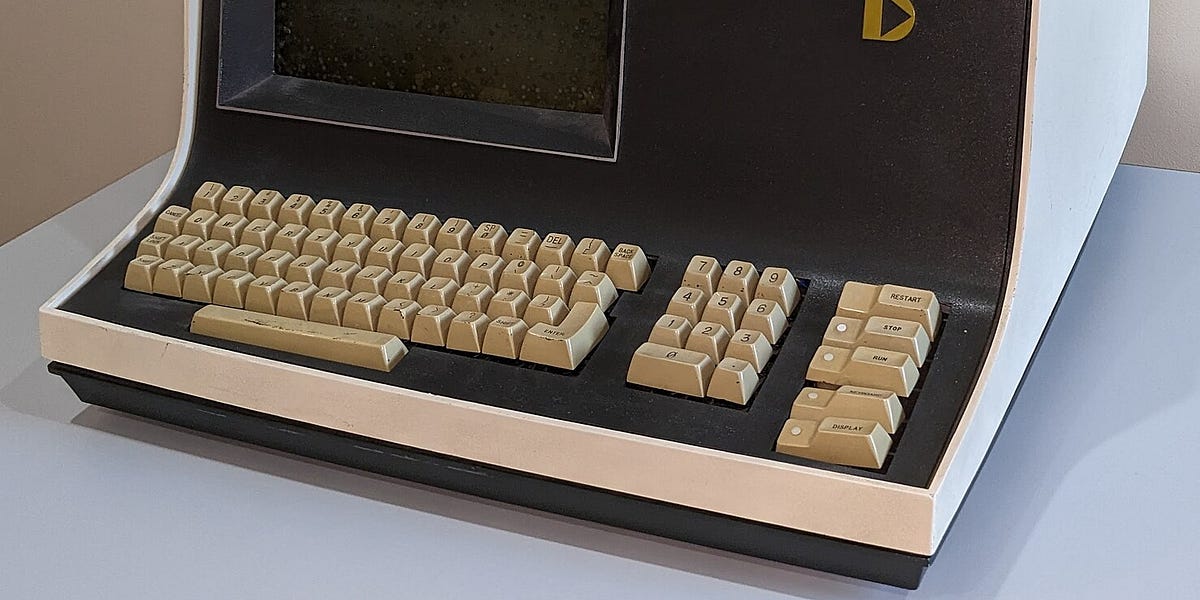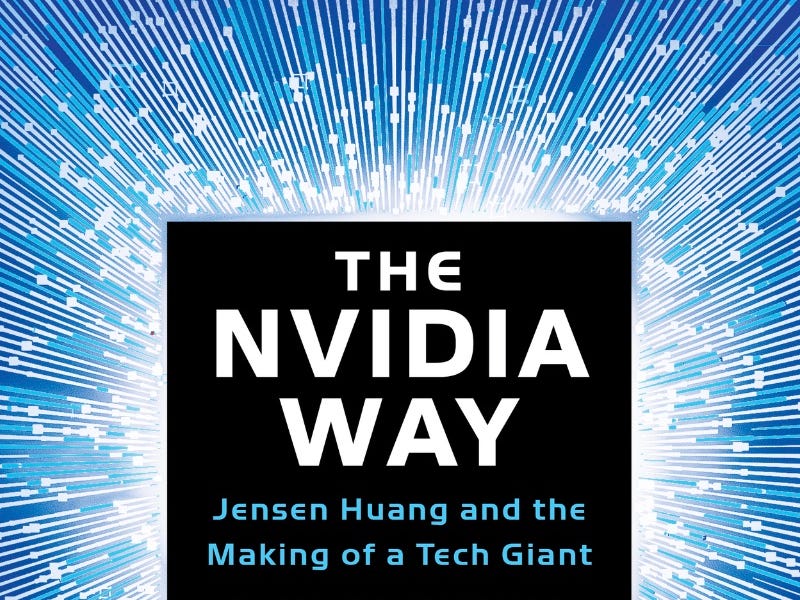IBM's PC: An Open Secret to its Downfall?

Launched in 1981, the IBM PC quickly set the standard for personal computing. However, the PC wasn't entirely an IBM creation; key components like the CPU and OS came from Intel and Microsoft respectively. This openness fueled the PC's success, but also sowed the seeds of IBM's downfall. While IBM controlled the BIOS and manufacturing, it lacked control over the PC ecosystem. Ultimately, IBM sold its PC business to Lenovo in 2005. This article argues that IBM's failure wasn't due to its open approach, but rather a strategic underestimation and internal cultural resistance towards the PC, coupled with a failure to leverage its strengths, leading to the loss of market dominance.
Read more





